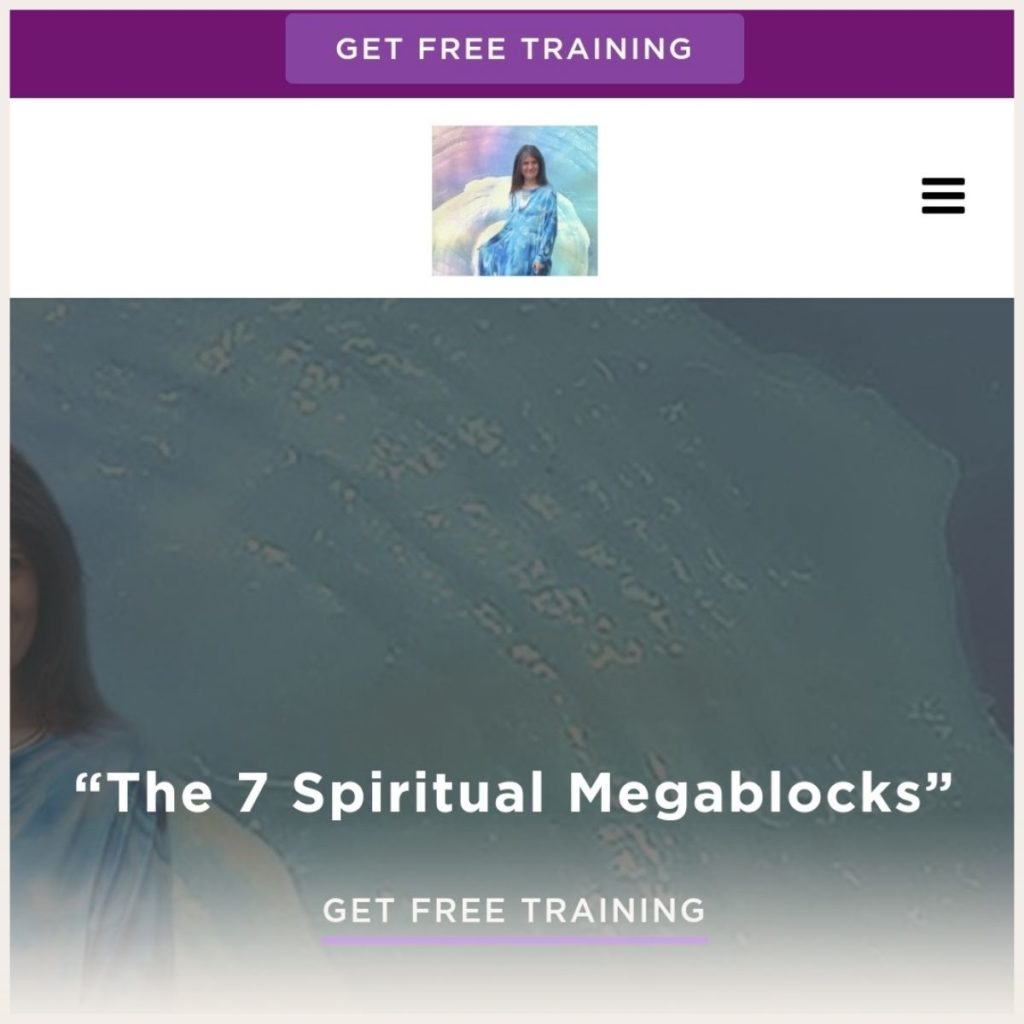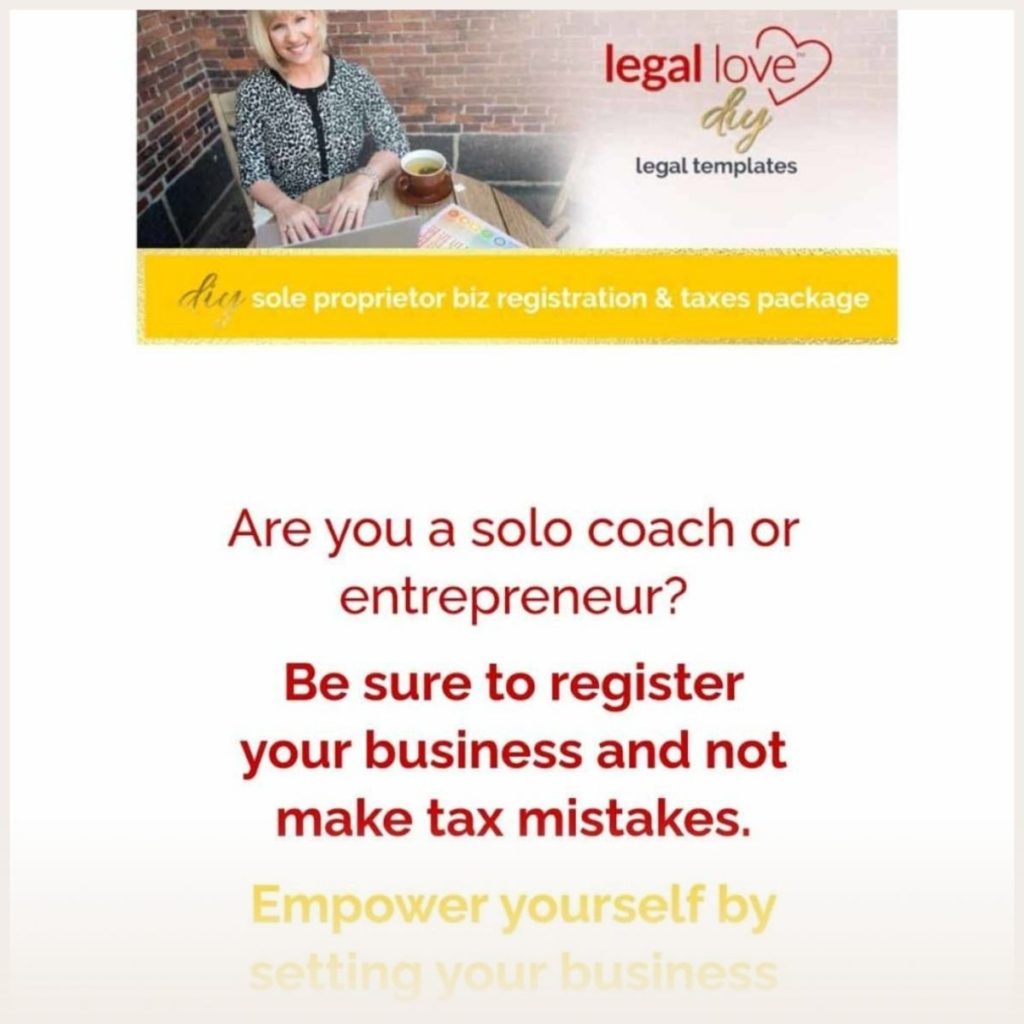Want to start your own spiritual coaching business?
A coaching business can offer you plenty of flexibility, freedom, and fulfillment. And today, you’ll learn how to become a spiritual coach.
Want to learn more? Read on!
How do you become a spiritual coach?
How do you start your spiritual coaching business?
What is a spiritual coach?
First, what is a spiritual coach? A spiritual coach is someone who runs their own coaching business and helps people improve their spiritual lives and develop themselves in various ways. Spiritual coaches can be anything from energy healers to religious coaches.
Here below, you’ll learn what you can work with as a spiritual coach and how much you can earn.
What does a spiritual life coach do?
A spiritual coach can be someone who…
- Is a life coach and helps others find their own purpose in life
- Helps people understand the Universe and energies
- Supports people in discovering deeper aspects of their spiritual lives
- Guides their clients towards self-love, compassion, and appreciation
In short, spiritual coaches help their students live more fulfilling and purposeful lives.
For instance, my student Summer is a spiritual coach. Here’s how she quickly grew her business:
And Estelle is an energy healer who teaches sensitive people how to align with their soul’s highest nature and bring their magic into the world.

What are some different types of spiritual coaches?
What are some different spiritual coaching niches?
There are plenty of different spiritual coaching niches. For example, you can be an energy healer, a reiki healer, or a spiritual coach for practitioners of a specific religion.
The type of spiritual coaching business you choose to start depends on your skills and experience. We’ll look at picking a spiritual coaching niche a bit further below.
But first, let’s take a look at how much you can make as a spiritual coach.
How much do spiritual coaches make?
Spiritual coaching is a fast-growing industry, so the demand is there. And as a business owner, you are in control of your income.
The average yearly income from coaching is $62,500. But that definitely doesn’t mean you can’t make more than that. Many of my own coaching students earn more than six figures (while working less than they used to in their 9-5), so it’s all about what your income goals are.
And a 6-figure income could be closer than you might think.
A good place to start price-wise is to charge $1,500 per client for a three-month coaching package. Once you have a few clients, you can raise that rate to $2,000 and above.
So you’d need 4-6 clients per month to make six figures a year. When we break it down this way, it isn’t that overwhelming, right?
Get the Ultimate Guide
for building a
6-Figure Coaching Business so you can achieve more freedom!
With the right marketing and growth strategies, you’ll build up a steady stream of people coming to you and signing up for a sales call. So while it does take work to build your business, it’ll get easier and easier to sustain it once you’ve built your reputation.
Who can become a spiritual coach?
Finally, who can become a spiritual coach?
You need one thing: experience. You need to have relevant skills and, in terms of spiritual coaching, you should have a proven track record. For instance, maybe you’ve worked in a congregation and now you help people with those same things as you did then, but this time as a coach. Or, you’ve taken energy healing courses and have already worked as an energy healer (if not in a paid position, then maybe you’ve practiced with friends and family and have a few testimonials to share).
But how do you use your skills and experience and become a spiritual coach? That’s what we’ll look at next.
How do you become a spiritual coach?
What does it take to set up your spiritual coaching business?
Setting up your own business can be surprisingly simple. All you need is a laptop and, once you’re making money, a coaching agreement and a business structure.
But how long does it take? Here’s what you need to know:
How long does it take to become a spiritual coach?
Becoming a spiritual coach doesn’t need to be time-consuming. Sure, if you get a certification, it’s going to take you a bit longer to start your business.
If you don’t, you can pretty much get started right away and start working on getting your first paying clients.
But that leads us to the next question… Do you need a coaching certification? Let’s find out.
Do you need a certification to be a spiritual life coach?
One of the questions I get all the time is, “do I need a certification to become a coach?”
It’s true that in some cases you need one, typically if you work in certain health-related niches.
But as a spiritual coach, you’re not required to get a certification. You could instead get the same training by working with your first few clients, which will save you both time and money (coaching certifications take many weeks to complete).
That said, you would charge a lower fee in the beginning to make up for the fact that you don’t have coaching experience. Your clients get to work with you for less, while you learn how to coach.
So while you can sign up for a certification, you can also choose to lower your prices upfront and learn to coach as you take on new clients.
Either way, the coaching certification industry isn’t regulated (just like the coaching industry) and so you do want to be careful if you choose to sign up for a spiritual coaching certification program.
In that case, pick an accredited and science-based program. A few of the best coaching certification programs include Certified Life Coach Institute, The Institute for Life Coach Training, and The Coaching and Positive Psychology (CaPP) Institute.
Next, let’s take a look at how you can set up your coaching business.
How do you legally set up your spiritual coaching business?
Setting up your coaching business does require you to set up a legal structure and take care of your taxes. However, none of this is relevant before you’ve taken on paying clients. So focus on getting paying clients first, before you dig deeper into starting your business.
For now, you can use Lisa Fraley’s startup packages. Lisa is a lawyer who works with coaches, so her legal packages are really good and an affordable investment compared to the alternative—paying thousands in lawyers’ fees.
She offers two packages:
“Legal Starter Kit for 1-on-1 Clients”*, a package with all the legal documents you need for your business, including a coaching agreement and legal documents for your website (disclaimer, terms and conditions, privacy policy, and a mini disclaimer for your social media and PDFs).
“Business Registration & Taxes”*, this package is really useful for you if you want to make sure that you’re setting up your business properly.

Now you know how to set the legal foundations for your coaching business. But how do you start your business and get paying clients?
That’s what we’ll look at next.
How do you start your spiritual coaching business?
To start your spiritual coaching business, you need two things:
A coaching offer and a strategy to get clients.
Here below, we’ll look at both.
How to create a spiritual coaching offer
First, you need a coaching offer or package.
Not that you can’t do it without one. I did.
When I started my first coaching business, I wasn’t really expecting a “yes” and so I had to scramble to put together an offer.
That said, being clear on what you offer your clients is key. There are a few things to figure out; your offer, your pricing, time commitment, and what the offer includes. Let’s take a look.
Your offer
Every successful coaching package has one thing in common:
They offer transformation.
What end result will your client get from your coaching?
In terms of intangible results, like those you offer as a spiritual coach, think about how their lives will have changed after you’ve coached them.
Will they have more clarity? Will they be happier? Will they experience less stress? Or will they get a new sense of purpose?
Use those results to set a clear goal for your coaching package.
Watch this video for more tips on how to create your coaching offer:
Pricing
You also need to set a price.
A good rate for your first coaching package is $1,500. And once you have a few clients and testimonials, you can raise your rate to $2,000 and beyond.
But why should you go for a per-package price instead of a per-hour rate? There are a few reasons:
- Control: You have more control over your income and you know how much you’ll bank with each client
- Value: Clients will have a hard time understanding the value of your coaching if you charge per hour versus a package with a clear end goal
- Results: It’s much easier for you to help your clients get results if you have a certain time frame to work with rather than on an hourly basis
In this video, I share more about pricing your coaching packages:
Now you know what rate you should ask for. But how many months should your coaching package be? Let’s take a look.
Time commitment
A three-month coaching package is just the right length.
It’s not too long (which makes it hard to get clients to commit) and it’s not too short (you are better equipped at helping your client get results).
The “secret” to helping your clients get results within this timeframe is to make a plan.
Map out for every month what it is you want your client to have achieved by then and how you’ll help them get there. Here’s an example:
Month 1: Articulate what purpose means to them. Use exercises ABC to make this happen.
Month 2: Find at least three things that will bring them joy and that they can use in their everyday life. Use exercises ABC.
Month 3: Define a long-term plan for incorporating purpose in their lives. Use exercises ABC.
(Note: This is not to say that you are responsible for your clients’ results.
You’re not, they are.
But as a coach, your support should be deeper than just “helping them figure out the answers themselves” (the traditional approach to coaching). Support your clients with exercises, your own experience, and so on. As a result, they’ll get results faster and you will get more testimonials that you can use to attract more clients.)
Features
What features should your coaching package include?
Look: your features aren’t the real reason people sign up for your coaching package (they care far more about the transformation you offer with your coaching), so this one is easy.
Include one or two monthly calls. In between, answer your client’s questions either through email, Slack, WhatsApp or social media—whatever works best for you.
That’s how you help them get results and keep your own workload manageable.
How to get spiritual coaching clients
Finally, how do you get your first paying clients?
Think about it this way:
How can you attract the right people to you? How can you reach them with your message?
A few strategies include:
- Offering your coaching services to your network (this is how I got my first coaching clients for my first coaching business, doing career coaching)
- Building relationships on social media (the main purpose is to give value to people so that some of them get interested in what you do and sign up to work with you)
- Getting interviewed on podcasts and writing guest posts on blogs (these are effective strategies for building trust quickly so that people feel less hesitant to work with you)
I also share more client acquisition strategies in this short video:
Whichever strategy you choose, focus on one or two strategies only. Otherwise, you’ll spread yourself thin and never really master any marketing strategy. And keep consistent every week because otherwise, you won’t build the momentum you need for getting clients.
For instance, if you choose to pitch podcasts, pitch them consistently every week. And continuously improve your pitches so that you start getting more and more interviews on podcasts… And as a result, more clients!
Get the Ultimate Guide
for building a
6-Figure Coaching Business so you can achieve more freedom!
Over to you!
There you have it! Now you know how to become a spiritual coach.
What it comes down to is that you find a niche, create an offer, and take consistent action to acquire new clients.
What’s the #1 reason you want to start your own spiritual coaching business?
Let me know in the comments below!









One Response
Fantastic and informative article Luisa, thank you kindly. I need clarity on one part of the post where you discuss earning potential. To quote you, you say: “A good place to start price-wise is to charge $1,500 per client for a three-month coaching package. Once you have a few clients, you can raise that rate to $2,000 and above…So you’d need 4-6 clients per month to make six figures a year.”
Unless I’m missing something, in doing some quick math, I’m not calculating six figures annually based on even 6 clients each with a 3-month coaching package at $2k. That would be roughly 48k per year right? Also assuming the packages are based on weekly sessions? Perhaps I’m not reading this correctly. Would you mind clarifying? Greatly appreciated and LOVING your posts!!